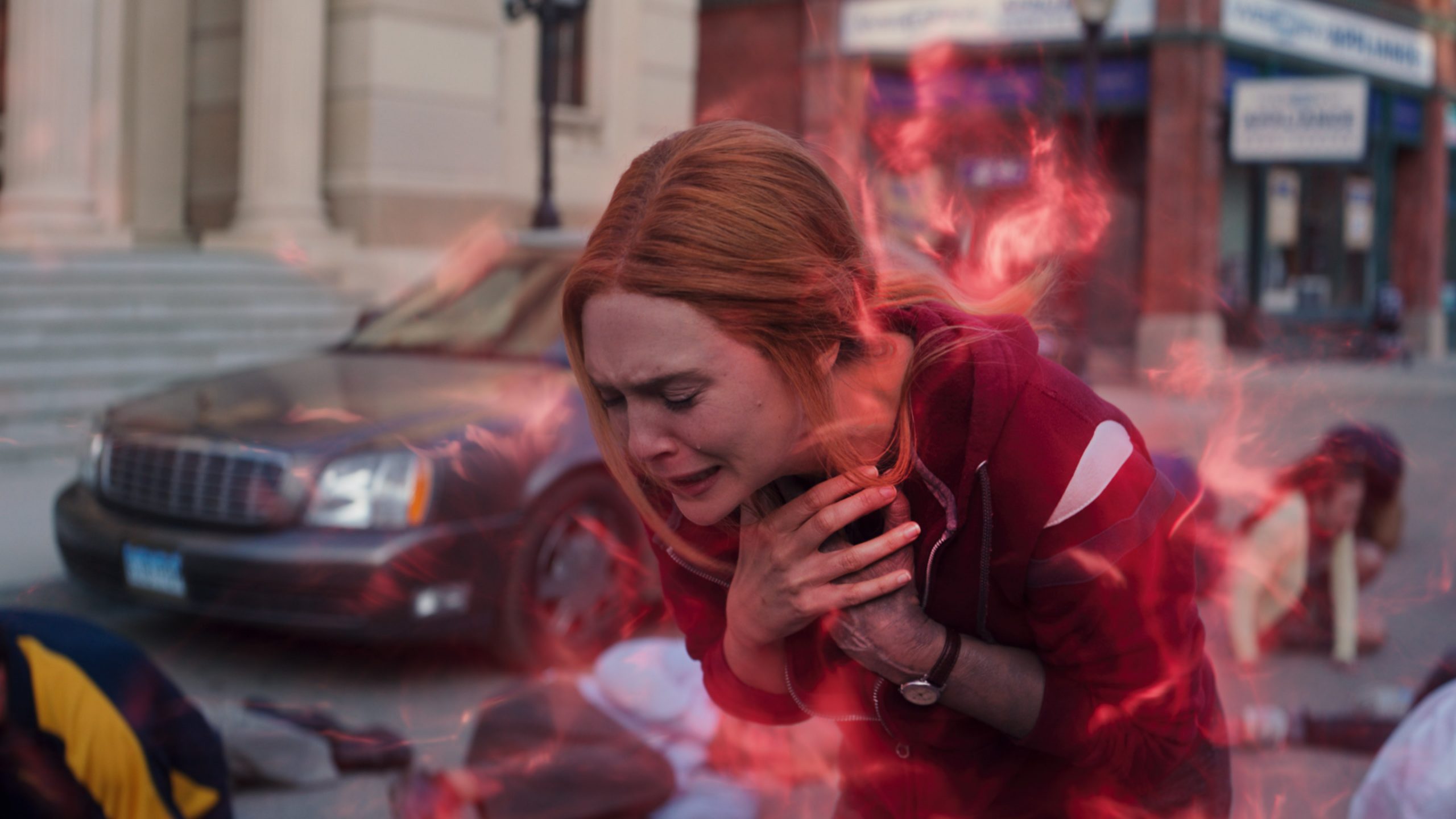
What started as an ambitious, popular and fun superhero franchise has turned into a cinematic juggernaut that dominates screens both small and large. The endless stream of Marvel content seems to be everywhere and the vast majority of filmgoers love it. But we spot a potential problem…
Contains spoilers for Doctor Strange In The Multiverse of Madness and Marvel’s Disney+ shows.
There was a strong sense of satisfaction at the end of Avengers: Endgame, the culmination of 22 feature films. It was totes emosh; I cried rather hysterically at the end and I still have to fight very hard to keep the tears at bay when Iron Man says his iconic line. “I… Am… Iron Man” before snapping his fingers and bringing an end to Thanos’ evil plan.
Throughout those 22 films, I had built an emotional connection to the characters and I cared not only about them, but the world they inhabited. I was rewarded handsomely with the conclusion of Endgame, the pitch perfect end to that era of Marvel.
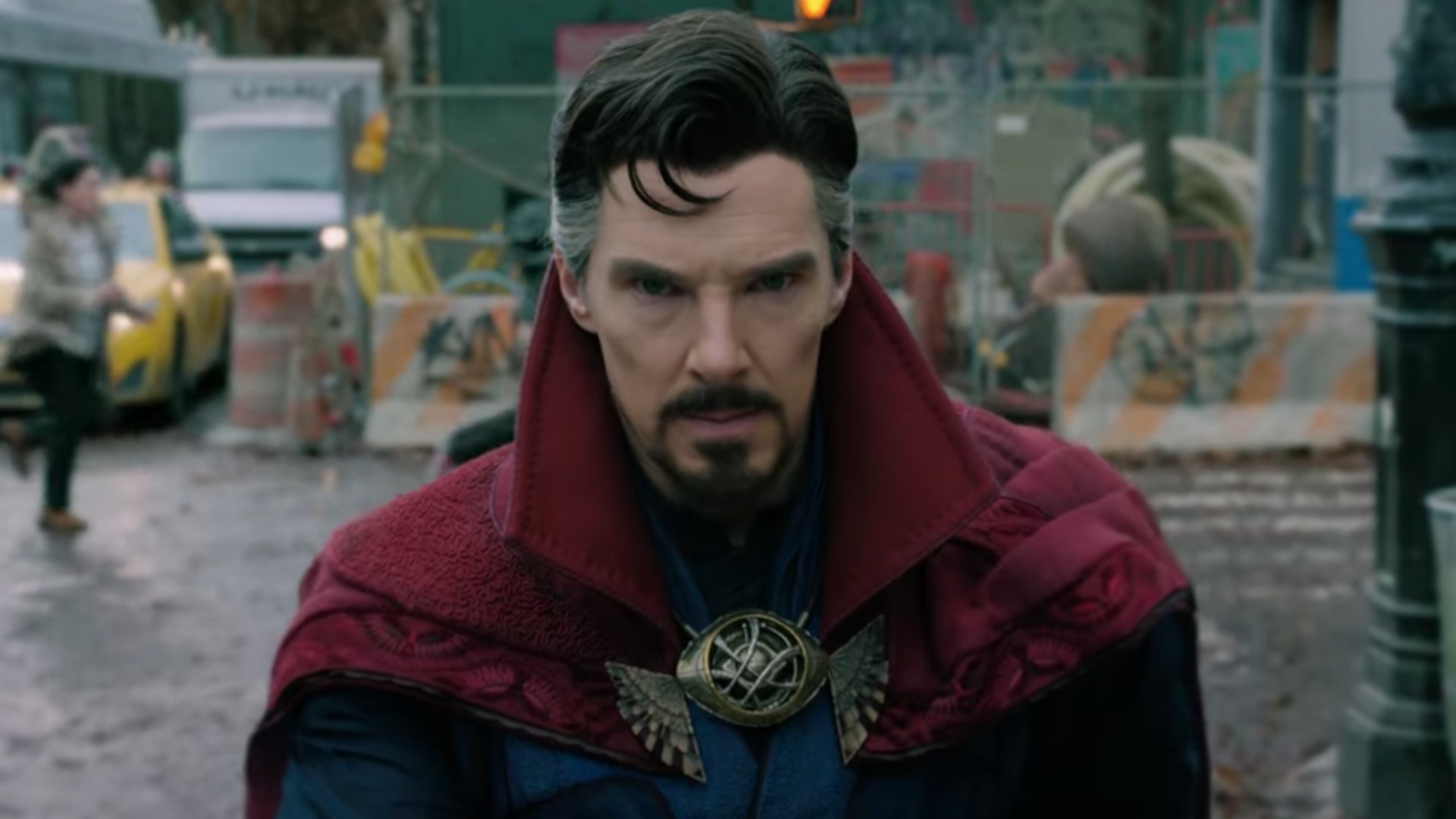
Doctor Strange In The Multiverse of Madness
Marvel, however, is not showing any signs of slowing down. Since Endgame in 2019, Marvel has produced no less than 6 TV shows for Disney+. And it’s the introduction of Disney’s own streaming service that leads Marvel into tricky waters.
Last week saw the arrival of Sam Raimi’s Doctor Strange In The Multiverse of Madness on our screens. It’s the highly anticipated sequel to 2016’s Doctor Strange. But Strange, played with wonderful wit by Benedict Cumberbatch, has popped up in several other Marvel films, including Thor Ragnarok and most recently, Sony’s Spider-Man: No Way Home.
Beware, you’re about to enter spoiler territory for pretty much all things Marvel, including Multiverse of Madness.
Multiverse of Madness sees Wanda Maximoff, a previous member of the Avengers, fully turn into the villainous Scarlet Witch. After the events of WandaVision, Wanda is desperate to find a reality in which she can be reunited with her children, whom she technically created from thin air.
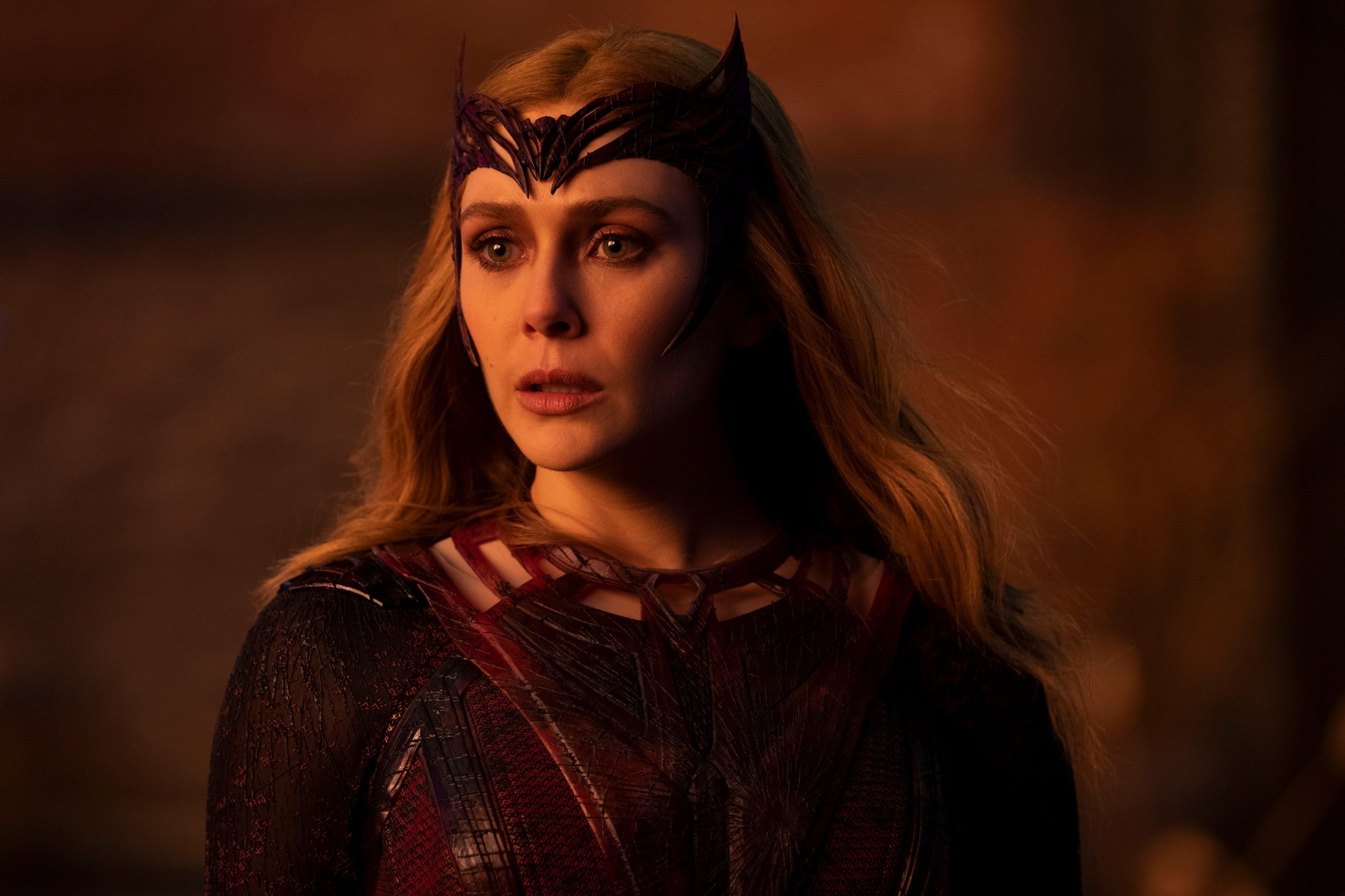
Doctor Strange In The Multiverse of Madness
The brilliance of Wanda’s story here is that it feels so coherent with her character. If you go back to Avengers: Age Of Ultron which introduced Wanda to us all the way back in 2015, you can see how she often acts upon emotion. She tears Ultron’s metal heart from his chest, with clear intention to cause pain and suffering, because Ultron killed her brother.
Wanda creates a whole new reality for herself in WandaVision after the events of Infinity War and Endgame, which saw Wanda lose her partner, Vision. Once again, she is acting emotionally, trying to dull her own pain even if it causes hurt to others, a behavioural pattern which continues in Multiverse of Madness. But if you didn’t see WandaVision, which only streamed on Disney+, you’re out of luck and won’t connect with Wanda as fiercely as you will if you’re familiar with the line “What is grief if not love persevering?”
Multiverse of Madness isn’t so much a sequel to Doctor Strange, but a continuation of the whole universe, of everything. To fans and those who are familiar with comics and submerge themselves deeply in the cult(ure) of Marvel, this must be incredibly powerful and rewarding.
But for some of us, it requires an awful lot of homework. Multiverse of Madness won’t really work if you haven’t seen, at least, Infinity War, WandaVision and What if… These are only the bare necessities, you’ll probably get way more out of the film if you’re up to date on every single Marvel film and TV show. If you naturally catch up on all things Marvel and have a particularly good memory, great! If not, you’re in danger of just not getting it.
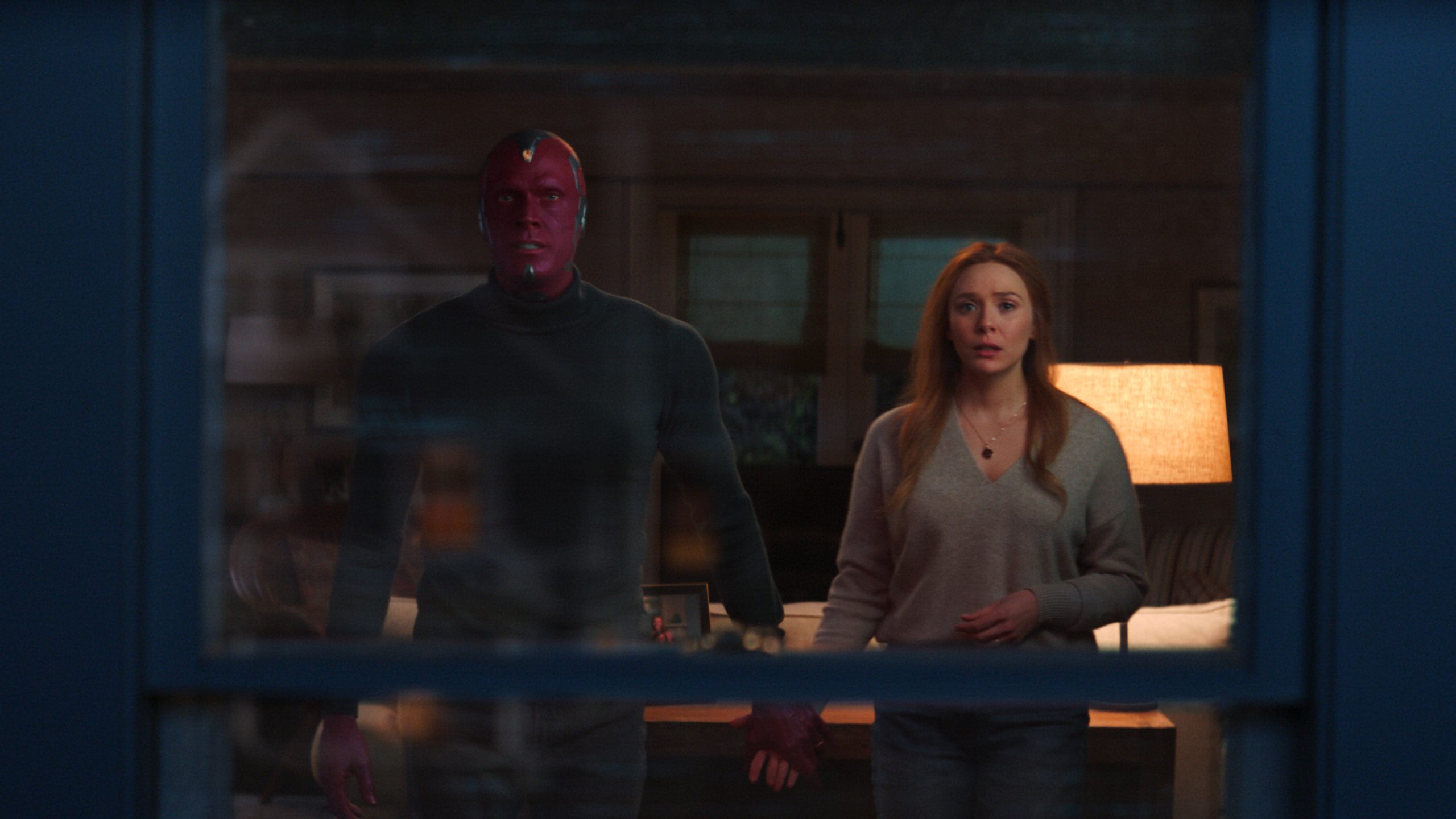
WandaVision
The most problematic part of Marvel’s strategy is that by weaving the narrative strands across several films as well as their Disney+ shows, it effectively forces the viewer to pay for the subscription as well as buy cinema tickets to their latest films. And I think we can all agree, cinema trips aren’t cheap.
And as many have rather bitterly and dismissively noted, Marvel aims their films for a very wide audience; they’re just as much films for kids as they are films for a 30-year-old film critic. They’re family friendly, but taking a family of six to the cinema several times a year and paying for an extra streaming service to keep up to date on one franchise is a considerable cost for many.
Again, this must be very fun for die hard fans. They’re seeing their favourite superheroes come to life and have the rewards that come with such complex narratives that they’re so invested in. It’s great! Enjoy!
But with the cost of living on a steady, steep rise, isn’t it a little greedy to demand your audience to watch absolutely everything on multiple platforms? It’s a great business plan and without a doubt, it’s making Marvel a load of cash. But the further it goes and the more convoluted the multiple narratives – which now includes infinite versions of characters, thanks to the Multiverse – it’s going to become more and more of a problem for the more casual film fan.
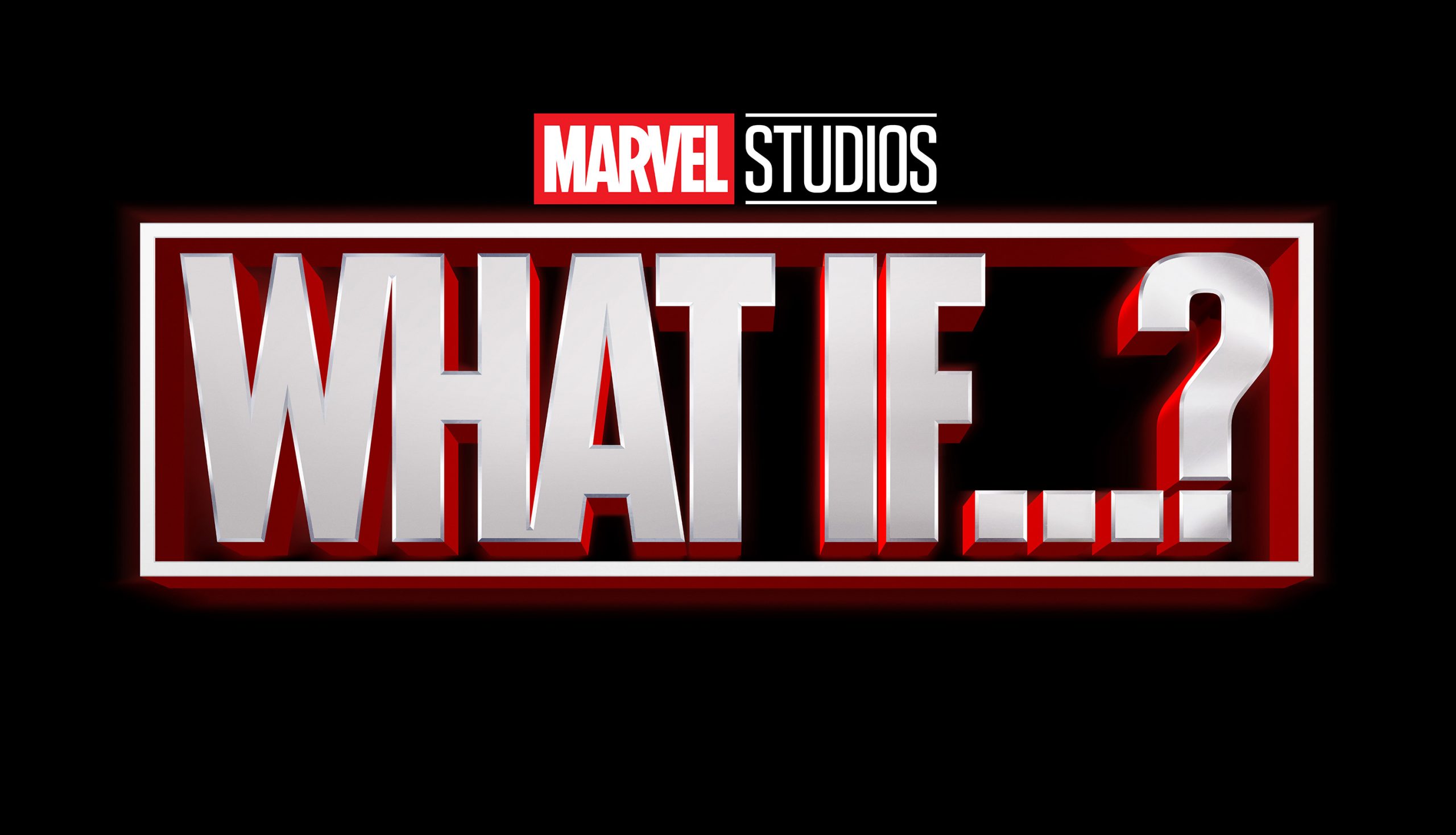
What if…?
We’re in even more trouble if other franchises or studios will start to imitate this particular business model. For example, Paramount Plus is due to launch in the UK next month and they are the home for all things Star Trek. Memorably, Star Trek: Discovery was pulled from Netflix just days before season 4 of the popular series aired, leaving fans devastated. If Marvel’s business model becomes the new norm in the film and TV industry, consumers and audiences can expect to spend a lot more money to keep up with their favourite characters.
In defence of Marvel’s overlapping, intersecting narratives, the strategy is lifted straight from comics. The very comic books that Marvel films are based on are equally, if not more, connected. It’s common for comic book fans to pick up a comic of their favourite hero, find someone new on the pages and perhaps go and look for a comic about this new, mysterious character.
Indeed, hypothetically audiences could go into Infinity War having only seen a handful of the 20 films that came before, see the Guardians of the Galaxy and Chris Pratt throwing in some great jokes and then seek out James Gunn’s film from 2014. Or is it just another thing to add to the seemingly endless list of content one has to watch these days?
It all comes down to balance in the end. Where is the line between pleasing fans, creating a successful, engaging cinematic universe without demanding too much from your audience? There’s no right answer; at the end, it’s all subjective, but it is worth noting that having to watch several films and TV shows in order to enjoy what is supposed to be a standalone film is unusual and unheard of. The further it grows, the more it might alienate some audiences but rest assured, Marvel isn’t going anywhere.




